
Thanks To Our Advertisers
We love working with you.

We love working with you.

One of the most inexpensive in-person business development activities you can do is meet someone for coffee at your local coffee shop.
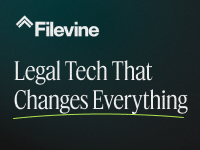
It’s like having a junior associate who’s never off the clock.

Pharmaceutical tariffs are coming, part of President Trump’s stated goal of bringing drug manufacturing back to the U.S. Untangling the sprawling, global supply chain will be complicated and expensive, and could inadvertently compete with other administration goals regarding drug pricing and availability.

* Ninth Circuit able to read the plain text of the 14th Amendment, which is news in 2025. [Reuters]
* Trump administration trying to do the opposite of that old, "look for the union label" ad. Fails, again. For now. [Bloomberg Law]
* Dude, the FBI totally told Trump he was named in the Epstein files months ago. No wonder he's crashing out. [Wall Street Journal]
* Elena Kagan is piiiiised at the Supreme Court, which, same girl. [Law and Crime]
* Federal judge trying his best to make sure Trump administration doesn't totally screw Kilmar Abrego Garcia. We'll see how that works. [Huffington Post]
* Columbia University inks deal with Trump administration to end "sustained federal scrutiny and institutional uncertainty." [Politico]
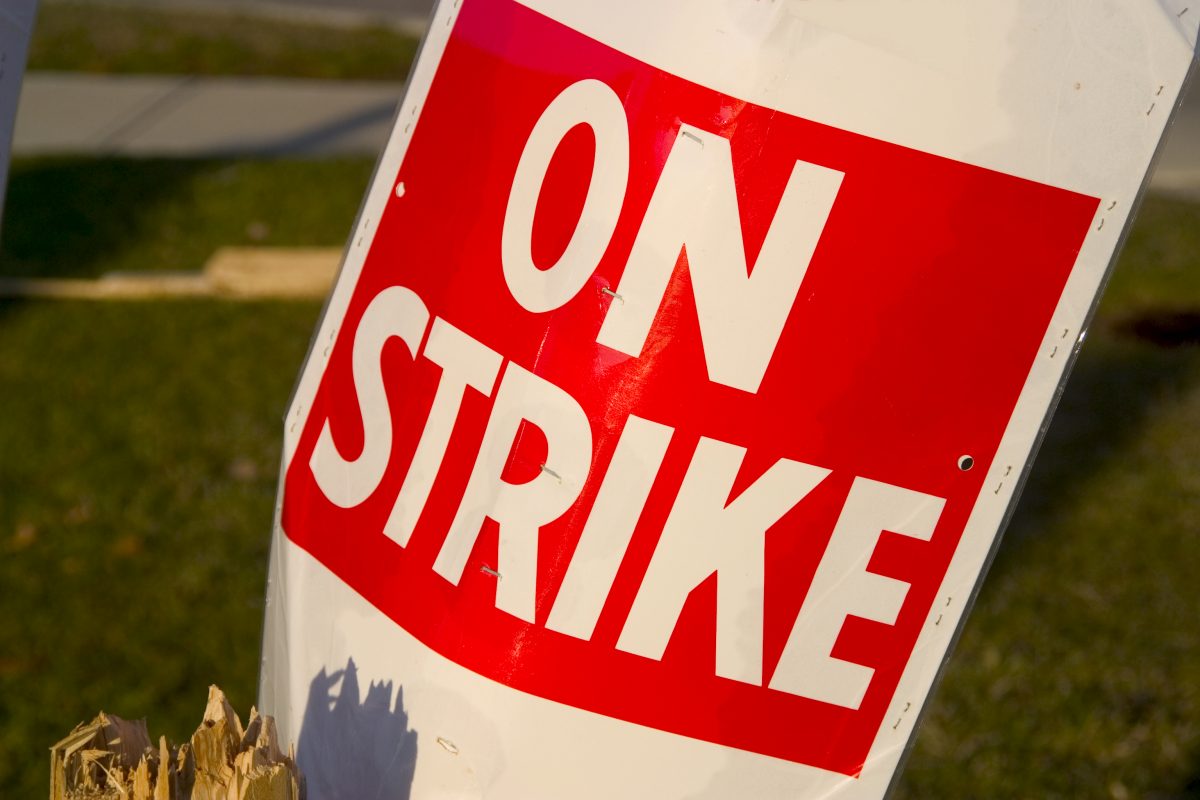
Healthcare workers at six health systems across the country have launched strikes in July so far. These healthcare employees cite unsafe staffing levels, low wages, and retaliation against union organizers as their main reasons for going on strike.

* Pam Bondi fires Alina Habba's replacement from her First Assistant job apparently because she doesn't understand that her appointment has nothing to do with being First Assistant. Crackerjack legal team! [Politico]
* The first Trump DOJ said Ghislaine Maxwell was untrustworthy and motivated to lie about anything to save herself. Second Trump DOJ says, "ooh, really?" [MSNBC]
* While global Biglaw firms cowered before Trump, small firms fought back. [NY Times]
* Judges reject first DOJ bid to unseal Epstein records. Whaddya know... the Trump administration muffed the effort to release Epstein material?!? No way they did that on purpose! [NY Law Journal]
* Man brings knife to courthouse where marshals carry guns, apparently forgetting the Chicago Way. [Bloomberg Law News]
* Cocoa slave labor suit fails at DC Circuit. [Law360]
* Court lets White House continue locking out media outlets it wants to extort for favorable coverage. Real healthy democracy we got here. [Reuters]

Legal expertise alone isn’t enough. Today’s most successful firms invest in developing the skills that drive collaboration, leadership, and business growth. Our on-demand, customizable training modules deliver practical, high-impact learning for attorneys and staff—when and where they need it.
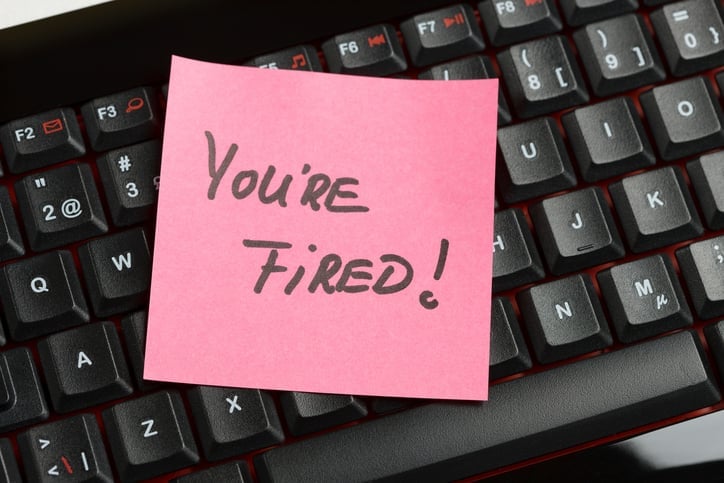
Ryan Powers defied the firm's orders to stop publishing political articles and got fired. Was he heroic, naive, or full of himself?

CMS proposed a 2.4% Medicare payment increase for hospitals’ outpatient departments and ambulatory surgery centers in 2026, along with a new two-tiered physician reimbursement structure based on participation in value-based care models. Provider groups are welcoming the short-term boosts, but they fear the changes don’t go far enough to address their long-term financial pressures.
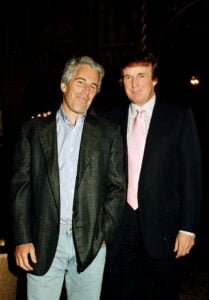
* DOJ trying to unseal Epstein grand jury records knowing those won't add anything but hoping it sounds official enough to get their own followers off their backs. [New York Law Journal]
* John Roberts is responsible for every bit of this. [The Atlantic]
* Breonna Taylor killer sentenced to 3 years after Trump DOJ asks for... nothing. [CNN]
* Trump administration invents zombie U.S. Attorney role. [ABA Journal]
* FTC commissioner's reinstatement following illegal firing put on hold. [Reuters]
* Etan Patz case results in new trial. [Bloomberg Law News]
* Effort to break up the Ninth Circuit heads to Senate. [Law360]
* Partners are holding back firm tech?!?! No way. [Legaltech News]

Lawyers and legal ops: Tell us how much you make and help us share valuable benchmarking information.

Proper trust accounting and three-way reconciliation are essential for protecting client funds and avoiding serious compliance risks. In this guide, we break down these critical processes and show how legal-specific software can help your firm stay accurate, efficient, and audit-ready.
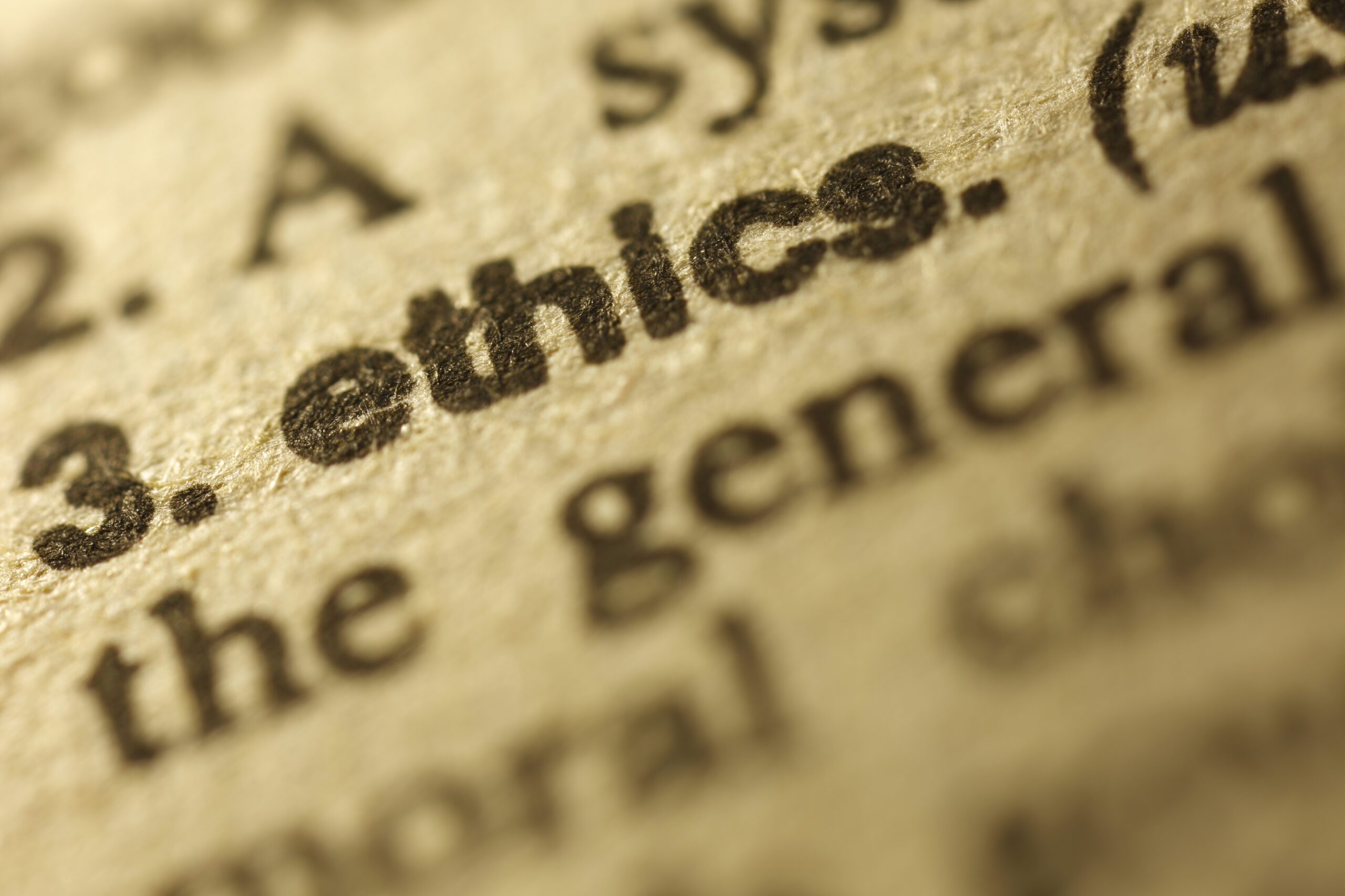
Your tour of all things related to lawyer and judicial ethics, with University of Houston law professor Renee Knake Jefferson.
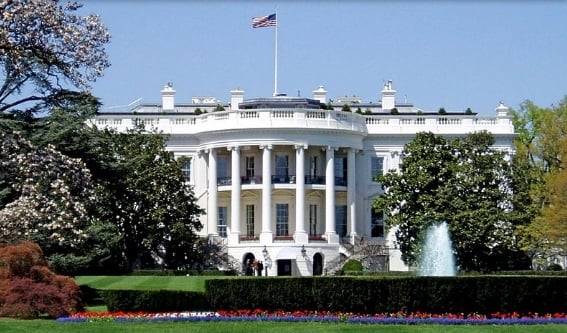
Numerous advocacy organizations are sounding the alarm over a recent HHS notice that restricts access to federal benefits for undocumented immigrants, as well as for those lawfully present.

* Trump slaps Rupert Murdoch with $10B suit. Or more accurately "SLAPPs." [CNBC]
* Ohio considers dropping requirement that lawyers come from ABA accredited law schools. [Reuters]
* Kirkland's business world COO a sign of the times. [American Lawyer]
* Court calls Supreme Court's bluff and demands to see administration's plans for gutting federal agencies -- [Bloomberg Law News]
* "The Chevron truck's back and it's better than ever" doesn't have the same ring. [Law360]
* Canadian lawyers bemoan loss of civility in profession, which for Canadians probably means someone forgot to say, "bless you" after a sneeze. [Canadian Lawyer]

* Funny You Should Ask...: Kirkland wants to hear from associates about how faithfully they're following the office policy.
* Just Wait Until They Learn About Diversity Jurisdiction: Law professor's social media conversation about injunctions triggers backlash over "equity.".
* Revenge Is A Dish Best Served During Billable Hours: List of greatest acts of revenge includes Biglaw score settling.
* Shingle Hung: Top litigators from capitulating firm set up new boutique.
* Maybe Sit This One Out, Bud: Alan Dershowitz injects himself into the Epstein list discourse.
* Keeping Heads Down: Biglaw firm cuts ties with attorney who wrote Trump criticism.
* Not A Great Run: Law firm slapped with another malpractice suit this year.

Healthcare providers are making cybersecurity progress, but serious vulnerabilities remain.